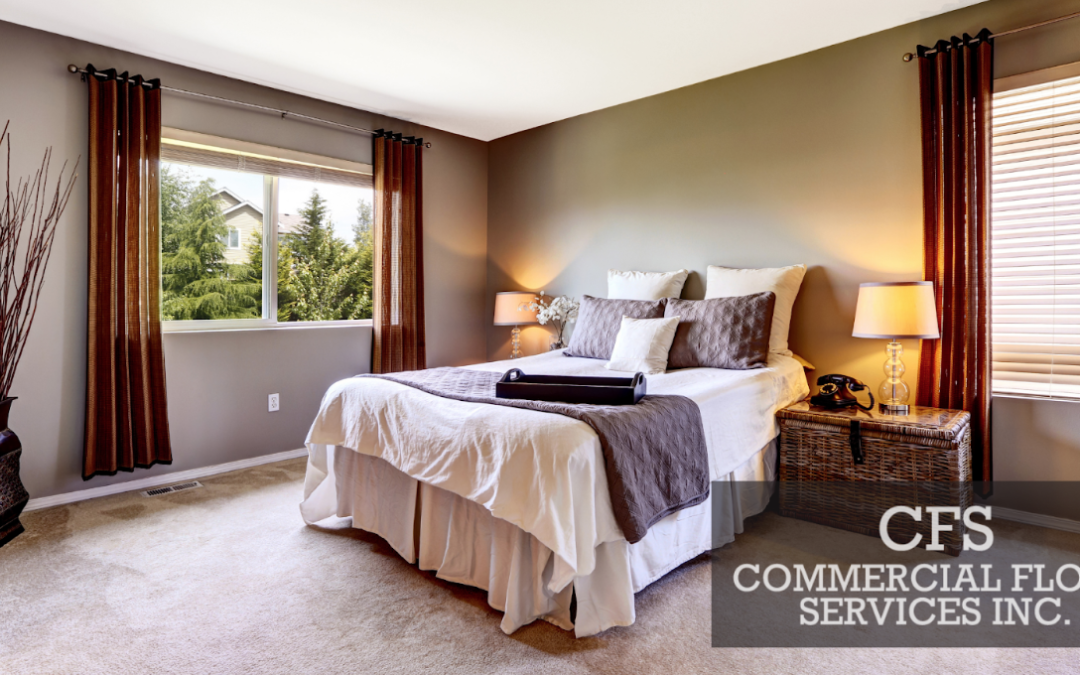The average life of a carpet
On average, most carpets last from 5 to 15 years. A wide range of factors may affect the lifetime of a carpet, but with the proper care and maintenance, you can extend the carpet’s life significantly. Carpet won’t last forever, just like any other type of flooring. Due to wear and tear, the carpet will inevitably need to be replaced as it ages.
However, there might be a slight decrease in the lifespan of your carpet if you have small children or pets. Children and pets introduce excessive foot traffic, which wears out carpet faster; therefore, it must be replaced sooner.
Health reasons to replace the carpet
Do you think your carpet is clean? You may way to think again.
The carpets under your feet may not look dirty but contain dirt, bacteria, and allergens that can harm your health. Unclean carpets may increase health risks or make conditions worse. Some of the potential dangers of a dirty carpet are
- Respiratory Issues
- Skin Irritation
- Stomach Illness
- Germs and Bacteria
- Pests
How to tell when it’s time to replace your carpet
Whenever you feel like you’re cleaning your carpet repeatedly but not getting the results you want, it might be time to retire it. There are a few common signs that indicate you should replace your carpet.
Padding Condition: Padding is essential for a plush and durable carpet. Something may be off if the padding feels bouncy or has an odd texture.
Foul Odors: It’s common for odors to get trapped in carpets, whether you’ve had water damage or your pets have had one too many accidents. If the smell persists, it has most likely seeped down to the padding, which is generally beyond the reach of regular household cleaners.
Wear and tear: If the carpet looks worn out in high traffic areas, that may be normal wear and tear. Signs of holes, wrinkles, and tears suggest that your carpet needs to be replaced.
Permanent Stains: Accidents and spills happen, but extreme stains can be difficult to remove, and in some cases, they may even worsen.
Allergies: Usually, older carpets retain more allergens and other particulate matter. This may contribute to ongoing allergy symptoms.

